Nocturnal panic attack is not always triggered by anything obvious and can wake you up in the middle of the night. The same symptoms may be experienced when having a panic attack during the day, including sweating, rapid heartbeat, trembling, shortness of breath, hyperventilation, flushing or chills, and a feeling of impending doom. They can mimic heart attacks and other serious medical conditions. There is no danger associated with panic attacks, even though they are uncomfortable.
Suddenly, you’re jolted awake in the middle of the night. The walls feel like they are closing in around you while your heart races, you’re shaking and sweating, and you can barely breathe. How can this be? There is a specific kind of panic attack known as a nocturnal panic attack, which is similar to a night terror.
How’s it going? It is important to note that nocturnal panic attacks are not necessarily harmful – they are only scary and uncomfortable – and there are several treatments available to alleviate these episodes. Keeping your nocturnal panic attack under control is as easy as reading this article.
Read: High Functioning Anxiety
What is a nocturnal panic attack?
Nocturnal panic attacks are panic attacks that occur at night. People often wake up from their slumber when they suffer a nocturnal panic attack (or sleep panic attack), which is sometimes called a sleep panic attack or nighttime panic attack because it occurs in lighter stages of sleep (vs. deep sleep). Alex Dimitriu, M.D., founder of Menlo Park Psychiatry & Sleep Medicine, says. It’s not like waking up from a nightmare because you won’t be able to recall or remember what was making you panic in the dream.
It is common for nocturnal panic attacks to fall under the same category as daytime episodes of panic disorder, according to psychiatrist Leela Magavi, M.D. Basically, panic disorder is an anxiety disorder that occurs unexpectedly and repeatedly. According to the National Institute of Mental Health, panic attacks can occur at any time. There are typically physical symptoms associated with these episodes (called panic attacks) like shortness of breath, chest pain, palpitations, dizziness or abdominal pain.
Nocturnal panic attack can produce any of the above symptoms, however, the Depressionals also notes that it can cause sweating, trembling, chills, and a feeling of impending doom. There is no clear trigger for nocturnal panic attacks, as opposed to daytime panic attacks, says Dr. Dimitru. However, the propensity for nighttime panic attacks is greater when people have panic attacks during the day, and when anxiety and stress levels are elevated.
Clinicians often use the Diagnostic and Statistical Manual of Mental Disorders to diagnose patients, but the manual does not explicitly define nocturnal panic attacks. It has been proposed that night terror may partly share pathophysiology with panic disorder, but are a relatively mild form of the disorder.
The likelihood of only having panic attacks at night is unlikely (but not impossible). There is one difference between night terrors and nocturnal panic attacks: night terrors can suffer from panic attacks without being associated with a panic disorder or sleep issues, whereas nocturnal panic attacks are associated with panic attacks and daytime panic attacks.
It may have just been a stressful, frightening dream if you woke up shaking and filled with dread – especially if you remember some or all of it. The chances are that you will not remember what triggered the dreadful feeling if you have a nocturnal panic attack.
Read: Effects of Election’s Anxiety and Depression on Mental Health
How do nocturnal panic attacks differ from night terrors?
It is a disturbing sleep disorder (parasomnia) that causes night terrors. When a person experiences a night terror, they may experience symptoms similar to those of a panic attack at night. Awareness is one of the key differences.
The majority of people who experience night terrors are unaware that they are experiencing them. Even though they may appear to be awake, they probably aren’t. They might run around and scream. It’s difficult to wake them (and it’s not recommended) since they’re asleep. An individual falls back to sleep after a night terror ends. The event may not be remembered in the morning. There is a higher risk of night terrors in children, but adults can also suffer from them.
Panic attacks wake you up from sleep. There are fears and other symptoms associated with panic attacks that you are aware of. Once you wake up, you may have a hard time falling asleep again. It is primarily teens and adults who suffer from nocturnal panic attacks.
What causes nocturnal panic attacks?
“The cause is multifactorial”, says Magavi, and it varies from person to person based on underlying medical conditions, family history and mental health issues. A nighttime attack can occur as a result of nighttime ruminating, stress, and anticipatory anxiety about tomorrow.
Physiological factors play a role in our flight or fight response, so if you leave stress and anxiety unaddressed or unmanaged, your body adjusts to living in high alert and hypervigilance mode. The fight-or-flight response — when your body floods with hormones in response to a perceived threat — doesn’t stop during the day, she says.
You could end up affecting your sleep if you activate this response before going to sleep. According to Breland-Noble, the symptoms and triggers you ignore or ignore at night might become manifest by your body “getting stuck in overdrive.”
It has been found that anxiety can disrupt normal sleep structure – e.g. REM and non-REM – and make it easier for people to wake up. Additionally, you cannot suppress stressful or anxious thoughts when you are counting sheep, but you can suppress them during the day. While sleeping, an individual cannot intentionally repress or suppress thoughts, according to Dr. Magavi. However, “nightmares and dreams can trigger panic attacks during sleep.”
Read: Difference Between Stress and Anxiety
What are the risk factors for sleep panic attacks?
People of all ages and backgrounds can suffer nocturnal panic attacks, but some are more likely to do so than others, such as:
- People who suffer from nightmares associated with PTSD. It has been reported that individuals suffering from PTSD [post-traumatic stress disorder] may have nightmares about their trauma. These nightmares may simulate the experience, causing them to wake up “in a frightened state,” says Dr. Magavi. Nightmares can cause panic attacks while sleeping.
- Those who suffer from general anxiety disorder and panic disorder. It is common for people who also experience daytime panic attacks to suffer nocturnal panic attacks, according to Dr. Dimitriu.
- Those who suffer from sleep disorders. Dr. Magavi states that sleep apnea may leave a person sweating, palpitating, and experiencing panic attacks because of an inability to breathe during sleep. People with insomnia can experience panic attacks if they are unable to sleep because they become anxious about not being able to sleep.”
Read: How to Deal with Social Anxiety
Treatment for nocturnal panic attacks
If any of these sound familiar to you, or if you’re curious about evening anxiety, you might find it helpful to consult your practitioner. Dr. Magavi says that doctors can diagnose panic disorder based on information provided by patients during appointments.
Your doctor needs the following info: “When the symptoms started, if there’s anything that could trigger them or change if you’ve ever been stressed if you’ve had anxiety disorders in the family or otherwise, what somatic and psychiatric symptoms you’re experiencing, how long and how frequent the attacks last, and if you’re worried about future attacks.”
Breland-Noble says the treatment plan for the panic disorder could be similar to general anxiety. Typically, we recommend that people practice the same techniques for panic attacks and anxiety, such as (possibly) seeing a professional who practices culturally appropriate cognitive behavioral therapy to learn coping and management skills, meditating and practicing contemplative practices, or talking to a close, trusted friend to decompress after a difficult day.” If you have generalized anxiety and panic attacks at night, you might also benefit from medication.
According to Dr. Magavi, panic attacks can be treated with medication and therapy over time. It is important to remember that evidence-based treatments are available for anxiety disorders, although they can have distressing effects and affect daily functioning.”
You may be suffering from nocturnal panic attacks due to anxiety, so use these at-home tips to alleviate the symptoms:
- Diaphragmatic breathing: Dr. Magavi says this breathing technique “can reduce anxiety by slowing down pathways implicated in it.” It has been proven that deep belly breathing decreases stress and anxiety symptoms by slowing down the autonomic nervous system.
- Use anti-anxiety sleep tools: The feeling of being held and loved is psychologically mimicked by weighted blankets and white noise, says Dr. Magavi. During panic attacks, the feeling of impending doom is dissipated by such external factors, which help to calm us down.”
- Establish a relaxing bedtime routine: It is also possible to attain a sense of peace by listening to calming music and recalling positive memories from the day, which will, in turn, decrease ruminative thoughts, which can lead to panic attacks.
Breland-Noble encourages her patients to engage in “active coping” daily. Rather than ignoring one’s problems to concentrate on other things that might not be as helpful (aka avoidant coping), she explains that direct acknowledgment and addressing the concerns of others are essential. The list of active coping activities includes exercising, practicing good sleep and eating hygiene, and keeping a journal.
This sentiment is echoed by Dr. Drimitriu, who emphasizes the importance of managing each day. It may help [with nocturnal panic attacks] to relax, de-stress, exercise, meditate, and maintain a regular sleep schedule. It would be beneficial to those who suffer from nighttime panic attacks to work on daytime panic attacks through both therapy and medication.”
Complications
Panic wakes you up at night and disrupts your sleep. You might delay going to sleep at night because you are worried about having a panic attack.
Sleep deprivation has several adverse effects on health. The following can happen as a result:
- Anxiety and depression
- Concentration or memory problems
- Increased stress and irritability
- Panic attacks more frequently during the day
- Performing poorly at work or school
- Weight gain
Bottom line
Do not be embarrassed to ask your healthcare provider if you are experiencing nocturnal panic attacks. You can get help from them finding the cause and finding treatments that will help. It is possible to prevent attacks during the day by learning strategies to manage triggering events during therapy. Panic attacks can be prevented during the day and reduced at night by preventing them during the day.
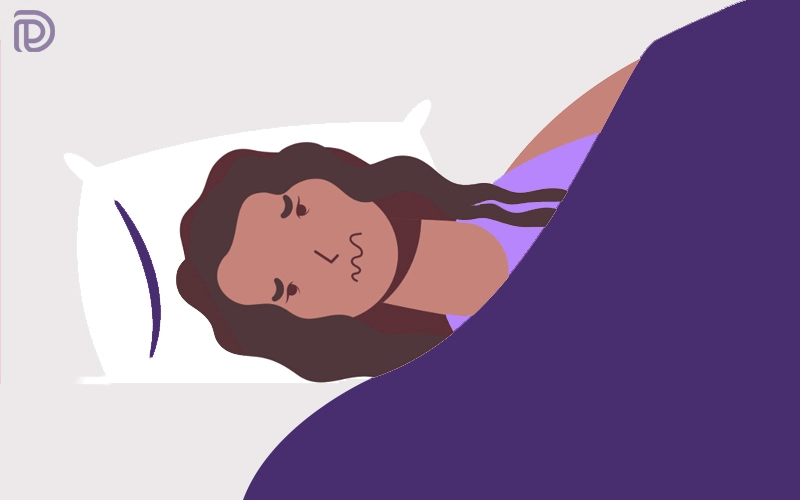
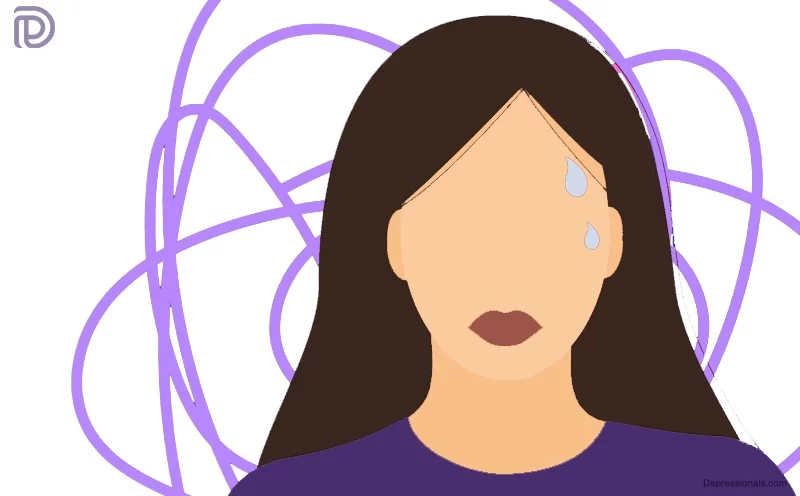
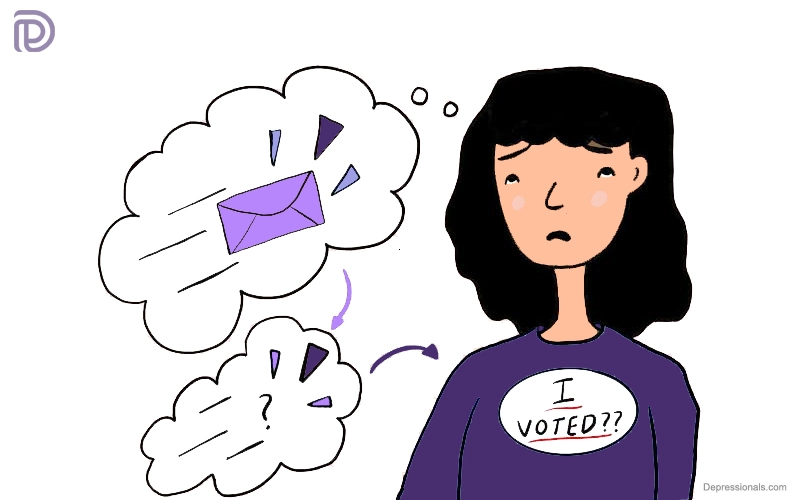
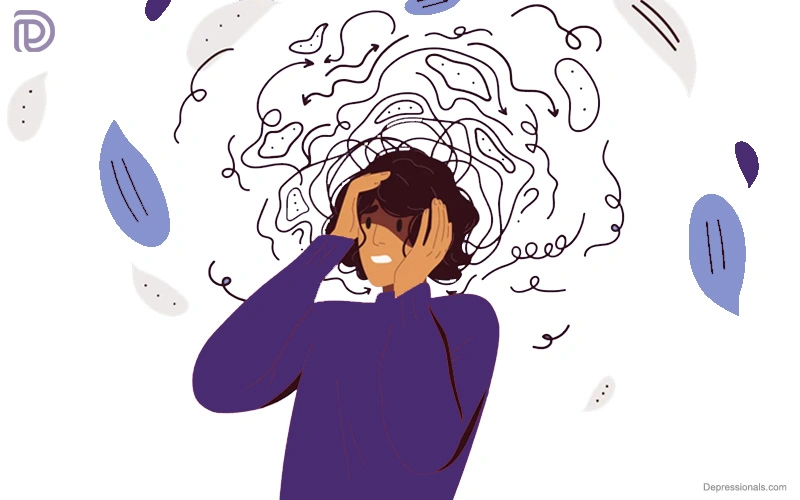
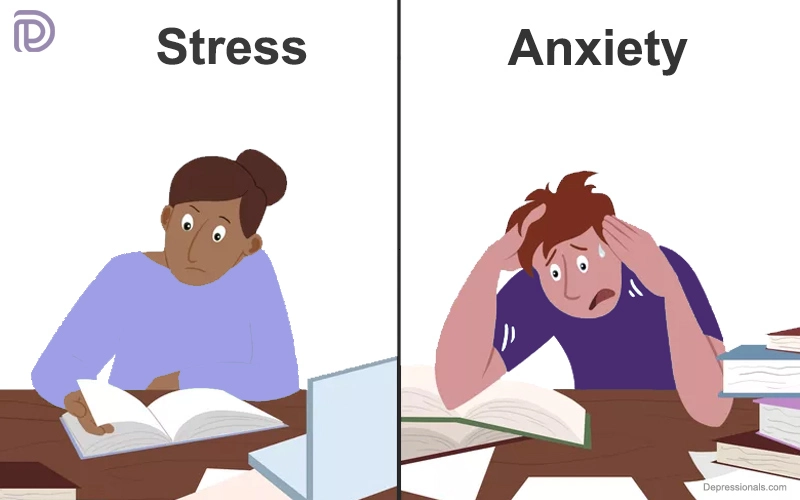

Make money, not war! Financial Robot is what you need. Telegram – @Cryptaxbot
This web site is really a walk-through for all of the info you wanted about this and didn’t know who to ask. Glimpse here, and you’ll definitely discover it.
Greetings. I know this is somewhat off-topic, but I was wondering if you knew where I could get a captcha plugin for
my comment form? I’m using the same blog platform like yours, and I’m having difficulty finding one?
Thanks a lot.
I am very impressed by this piece of writing.
Useful writeup!